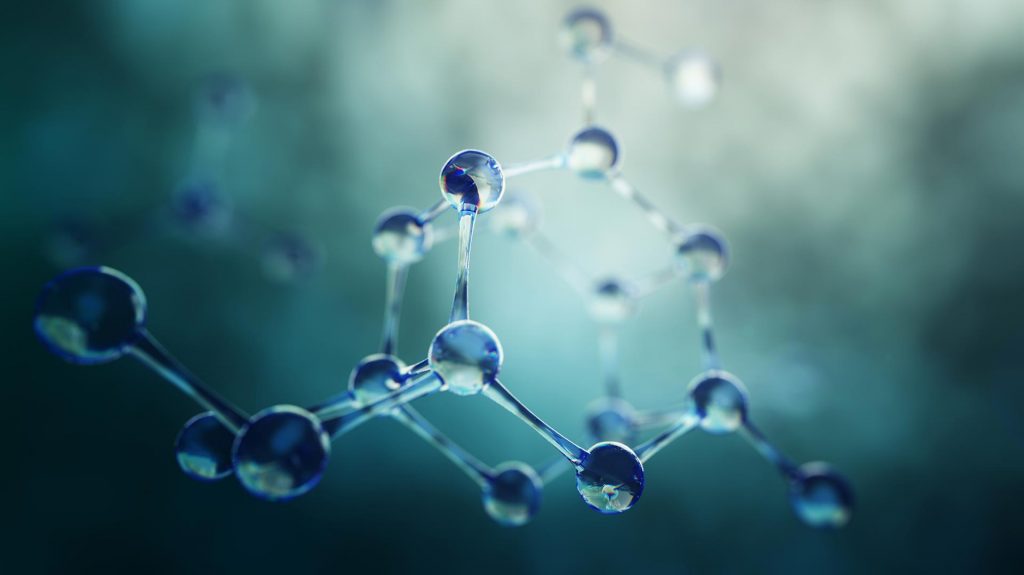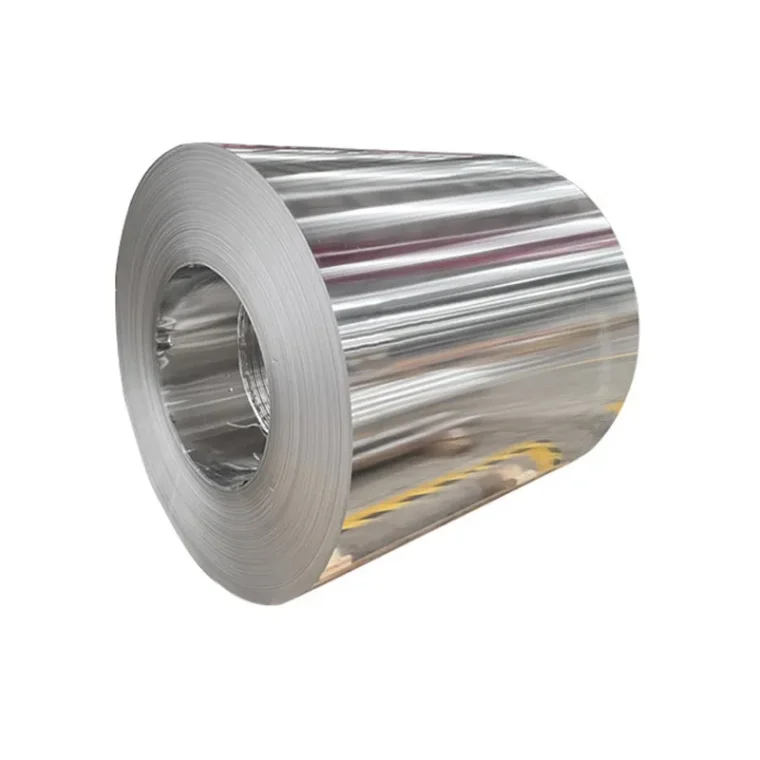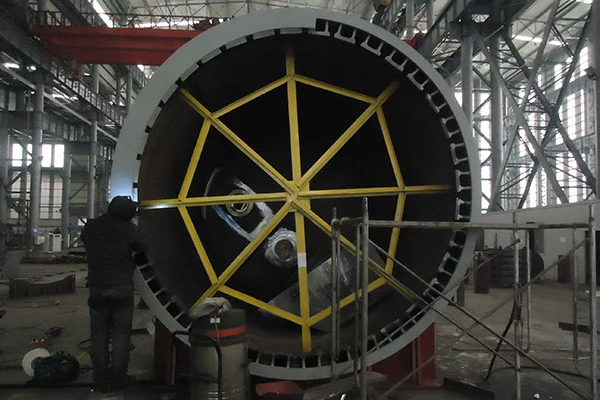The World's Largest Chemical Manufacturing Plant: A Closer Look

Chemical manufacturing is a vital industry that plays a significant role in the global economy. It involves the production of various chemicals used in different applications, such as pharmaceuticals, plastics, fertilizers, and more. With the increasing demand for chemicals worldwide, the need for large-scale manufacturing plants has become more critical than ever. In this blog post, we will take a closer look at the world's largest chemical manufacturing plant and its impact on the industry.
What is the largest chemical manufacturing plant in the world?
The largest chemical manufacturing plant in the world is located in Jubail Industrial City, Saudi Arabia. The plant is owned and operated by Saudi Basic Industries Corporation (SABIC), one of the world's leading petrochemical companies. The Jubail Industrial City is a massive industrial complex that covers an area of 22,000 hectares and is home to several other chemical plants.
The SABIC plant in Jubail is a fully integrated petrochemical complex that produces a wide range of chemicals, including ethylene, propylene, polyethylene, polypropylene, and more. The plant has a production capacity of 14.5 million metric tons per year, making it the largest chemical manufacturing plant in the world.
What makes the SABIC plant unique?
The SABIC plant in Jubail is unique in several ways. Firstly, it is a fully integrated complex that includes all the necessary facilities for the production of chemicals, from the raw materials to the finished products. This integration allows for greater efficiency and cost-effectiveness in the production process.
Secondly, the plant uses advanced technologies and processes to ensure high-quality products and minimal environmental impact. For example, the plant uses a closed-loop water system that recycles and reuses water, reducing the amount of freshwater required for production.
Lastly, the SABIC plant in Jubail is a significant contributor to the local economy, providing employment opportunities and supporting the growth of other industries in the region.
What is the future of chemical manufacturing?
The chemical manufacturing industry is expected to continue growing in the coming years, driven by increasing demand for chemicals in various applications. However, the industry is also facing several challenges, such as environmental concerns and the need for sustainable production practices.
To address these challenges, chemical manufacturers are investing in new technologies and processes that reduce environmental impact and improve efficiency. For example, some companies are exploring the use of renewable energy sources, such as solar and wind power, to power their plants.
Conclusion
The SABIC plant in Jubail, Saudi Arabia, is the largest chemical manufacturing plant in the world, producing a wide range of chemicals using advanced technologies and processes. The plant's integration, efficiency, and sustainability practices make it a unique and significant contributor to the global chemical manufacturing industry. As the industry continues to grow, chemical manufacturers must prioritize sustainability and innovation to meet the increasing demand for chemicals while minimizing environmental impact.




